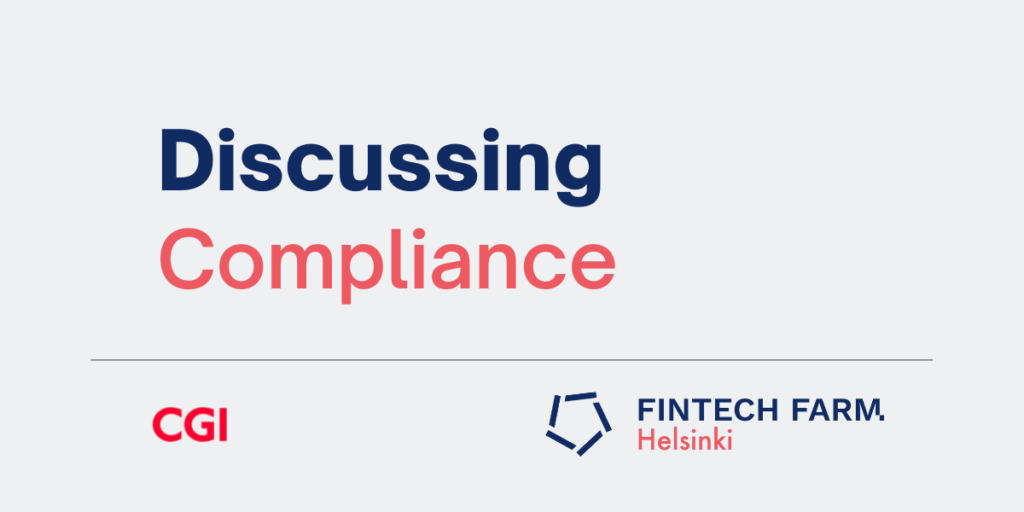Drastic increase in regulation combined with the constantly evolving digital landscape has challenged compliance departments not only in the banking sector, but also in other business fields – insurance companies and accounting firms are similarly obliged to follow the regulation.
As always, change requires resources, and when it comes to compliance, the limit for money and manpower needed to keep up with the development – both with requirements set by regulators, and opportunities & threats created by digitalization.
We discussed with Atso Andersen, anti-money laundering and digital finance author, and a lead consultant at CGI about emerging technologies and compliance.
Atso explains that when it comes to financial crime, and money laundering, there is still the old analog world with traditional methods, but also the digital world, which creates a whole new dimension for financial crime. Money laundering for example has traditionally consisted of 3 phases: placement, layering, integration. The new digital world – with its virtual currencies and NFTs – provides creative and tech-savvy criminals a variety of options, making regulators’ and financial authorities’ task of preventing money laundering and catching the perpetrators increasingly more difficult.
Simultaneously, the technical requirements placed on service providers have increased, though many service providers in the digital space have not really taken any measures regarding anti-money laundering. It’s not just the traditional financial industry firms, but also companies such as online real estate brokers and gaming companies who should really wake up.
When it comes to financial crime, the big question is, who is more creative, the criminal, or the regulated service provider?
Looking at the challenges above, it may sound that the financial industry is in an unbearable situation. However, the new technologies provide great solutions for transaction monitoring, reporting or other functions to be compliant.
Financial institutions have only gotten started in utilizing the latest technology, and many other firms are still in the starting grid.
“Tech is definitely the answer, but companies should understand that compliance is a tech matter, not an organizational matter. It requires serious investments, but there will be a good return on investment”, Atso concludes.
Join Nordic Fintech Summit on March 24th 2022 in Helsinki to hear more about Emerging Technologies and Compliance, from Atso Andersen



